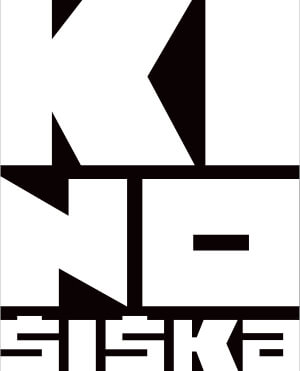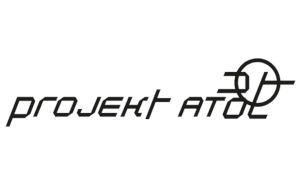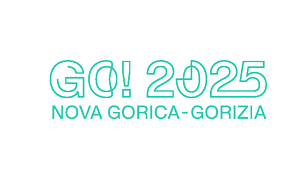A provocative ritual intertwining sex, technology, magic, and biology, delving into the depths of occult pleasures and synthetic desires. Together with the audience, cybernetic witches cast erotic spells linked to sensors and digital bodies, challenging established norms. Inspired by queer, feminist, and posthumanist mythologies, the performance transforms eroticism into a political act of liberation and a ritual of technological hybridisation.
Alma de Bruixes is a nomadic collective of biohackers witches who see little difference between a speculum and a sex toy. They weave together like a spell, biomaterials, DIY biology, gynaecology and lubricants for the pleasure of self-exploration.
Born from the union of ALMA Futura, which studies and develops tools for radical change in vaginal and gender health, and Bruixes-Lab, a nomadic laboratory of biohacking, sextech and witchcraft rituals. Founded by Cristina Dezi, Isabel Farina and Giulia Tomasello.
The collective is investigating the rebellious act of re-imagining science, alchemy and gynecology as alternative forms of care, knowledge and pleasure. How can we re-frame pleasure through spells and rituals and free our eroticism from the violence of racist and misogynist medical claims?
The starting point is the violence from which gynaecology was born but the ending one is pleasure as anti-colonial, anti-patriarchal and anti-capitalist. The collective has been collaborating so far with Arse Elektronika, Mu Hybrid Art House, Witches are Back, Bellakeo and Abbramà Festival.
Giulia Tomasello is an interaction designer committed to female’s intimate care and its innovation, combining biohacking and interactive wearables. Founder of ALMA [al-ma.org] where design, science and anthropology are combined to co-create tools for a radical cultural change in female’s bodies.
With Future Flora in 2018 she wins the STARTS Prize, assigned to projects representing “innovative alliances between technology and artistic practices”. Her multidisciplinary work has also received other awards at european and international level such as the World Omosiroi Japanese Award in 2020.
Giulia offers new deeper knowledge of female's wellbeing, developing innovative tools in the intersection
between medical and social sciences. Coded Bodies is her teaching platform designed to learn the basics of soft wearables and the exploration of biological textiles.
Back








